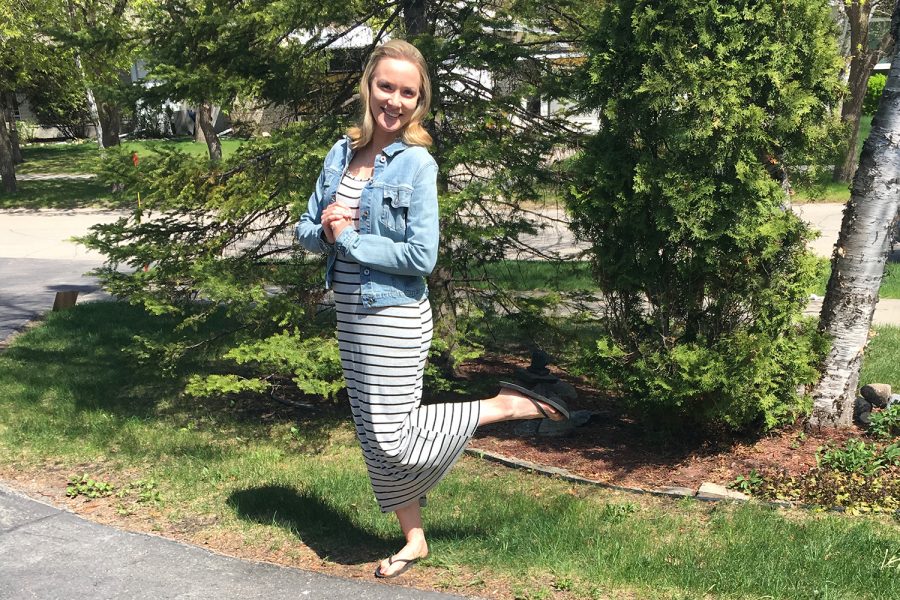
It may seem counterintuitive, but the idea of going to a small university scared me.
My high school was one of the largest in Manitoba, so having swarms of other students around was familiar. I was used to seeing people in the halls I’d never seen before, and not knowing most of the teachers.
I was sure going to a big university was the right thing to do. It’s what everyone else was doing.
At the same time, I was fully immersed in the music programs. I had a tight knit group of friends, and teachers who were more like family than friends.
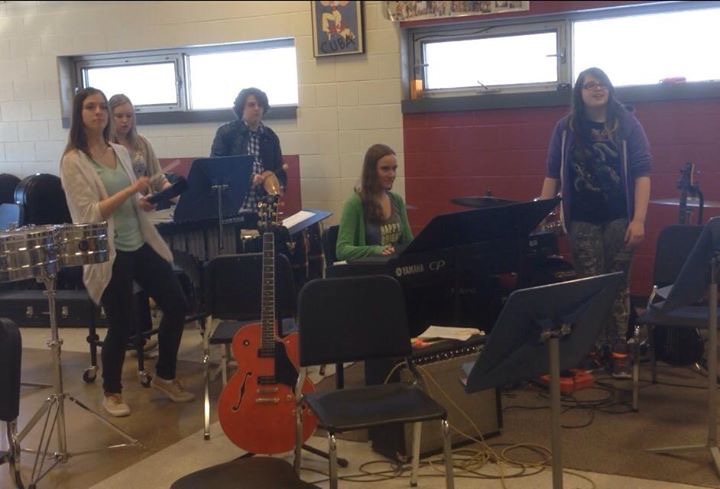
So when I graduated high school last June, I felt the loss immediately. Certain that my time in small programs was done, I longed for that same small group of people who were there for me when I needed to laugh, cry, or grab a doughnut. That sense of belonging was gone, because in university all anyone is concerned about is getting their degree, right?
Wrong.
One of the things I love about CMU is that as a smaller school, they can breathe programs into existence more readily than a larger university.
As a musician, a clarinet player, I hoped and prayed for a CMU band to join. And when I start this fall, there will be!
Another thing I love about CMU is studying in Marpeck Commons, or the Great Hall, and recognizing the same people time and again.
I love that CMU profs have an open-door policy. It says that I’m as important to them as answering emails, or grading papers. I’m excited to be known by more than just my student number.
Most importantly, I’m loved, accepted, and cared for by my admissions counsellor, faculty, and staff at CMU, and was even before being admitted.
There’s no better feeling than being wanted just for being you. I’m not sure this kind of care and connection exists anywhere else.
Picking the “best” university is subjective. Getting a good education in an environment where you can grow, and flourish into the best possible version of YOU, is what matters most. CMU is that place for me.
I’m a clarinetist. And I’m also a pianist, a singer, a Catholic, a writer, a dreamer, a sarcastic joke maker, and a life-long learner. I can do, and be ALL these things at CMU. I don’t have to put myself in a box just to fulfill degree requirements. I can be me here. That’s something I never expected from a university.
Stephanie Wilson is entering her first year at CMU’s School of Music this fall.


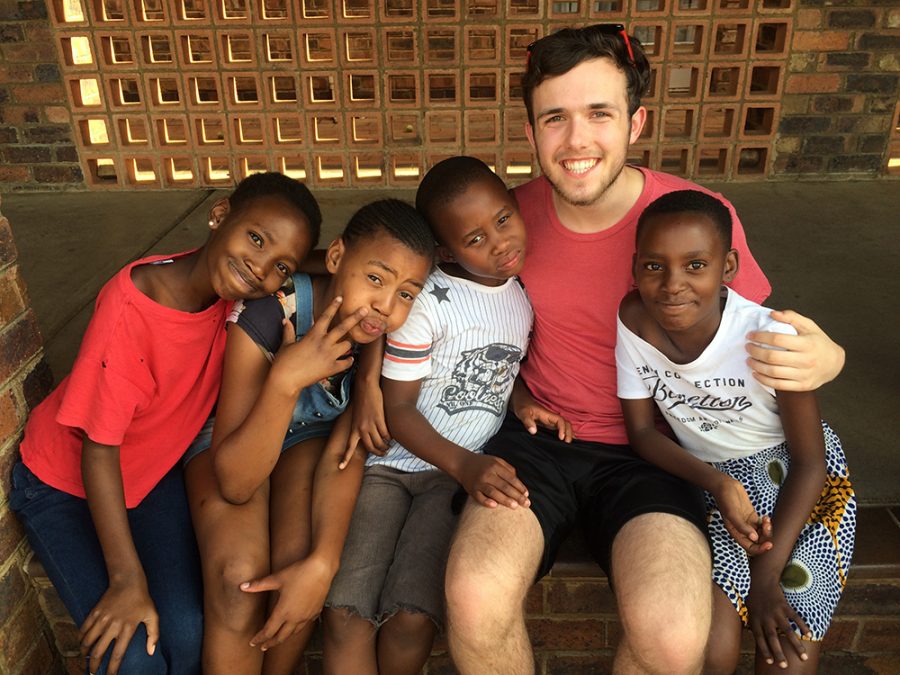
 I am very thankful for the sense of community at CMU, and I’m also grateful for the opportunity to attend a school that is faith-based. I hope to enrich my relationship with God alongside Christian brothers and sisters. To have the freedom to do this at university, to be encouraged to do so, is invaluable, and I think, quite uncommon in our society today.
I am very thankful for the sense of community at CMU, and I’m also grateful for the opportunity to attend a school that is faith-based. I hope to enrich my relationship with God alongside Christian brothers and sisters. To have the freedom to do this at university, to be encouraged to do so, is invaluable, and I think, quite uncommon in our society today.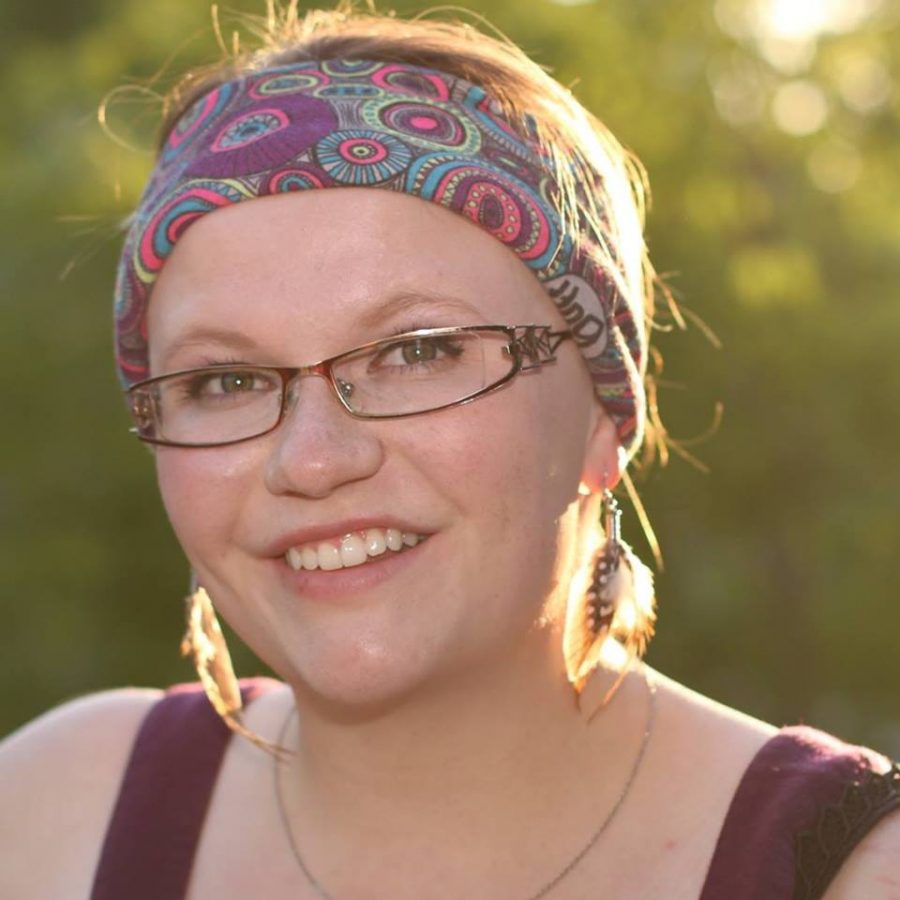
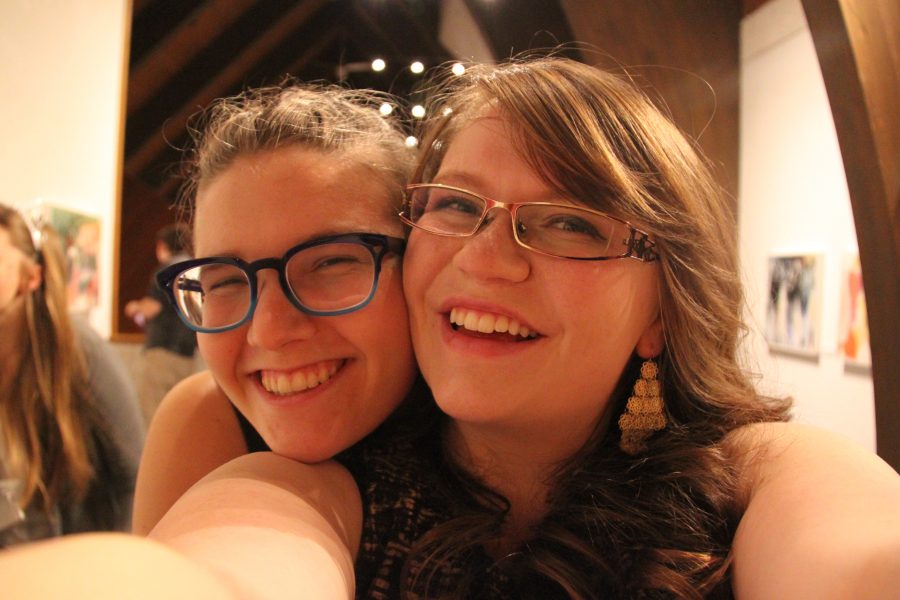
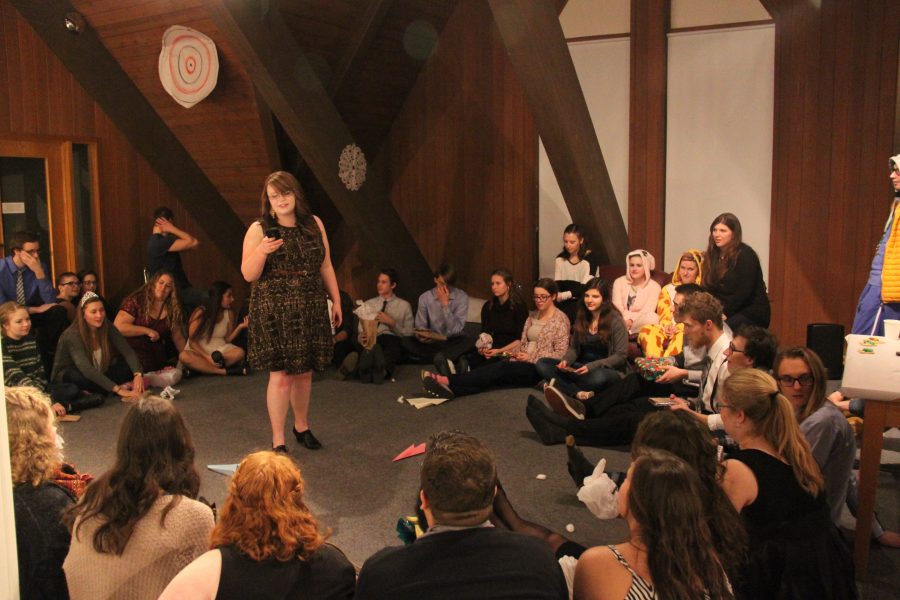
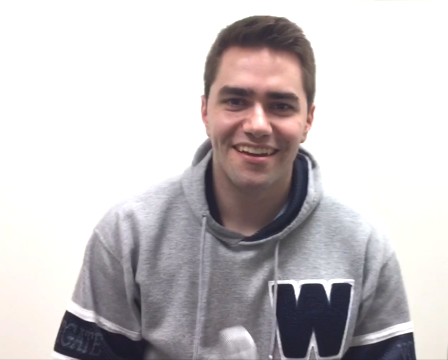 My communication did not take the form that people typically think of when they hear the words “communications and media.” There were no blog or social media posts. Instead, I engaged with people face-to-face on a daily basis on behalf of MPI. Though at first glance our job was to state the rules of the road and making presentations, it became obvious that interacting and connecting with communities across Manitoba was far more important.
My communication did not take the form that people typically think of when they hear the words “communications and media.” There were no blog or social media posts. Instead, I engaged with people face-to-face on a daily basis on behalf of MPI. Though at first glance our job was to state the rules of the road and making presentations, it became obvious that interacting and connecting with communities across Manitoba was far more important.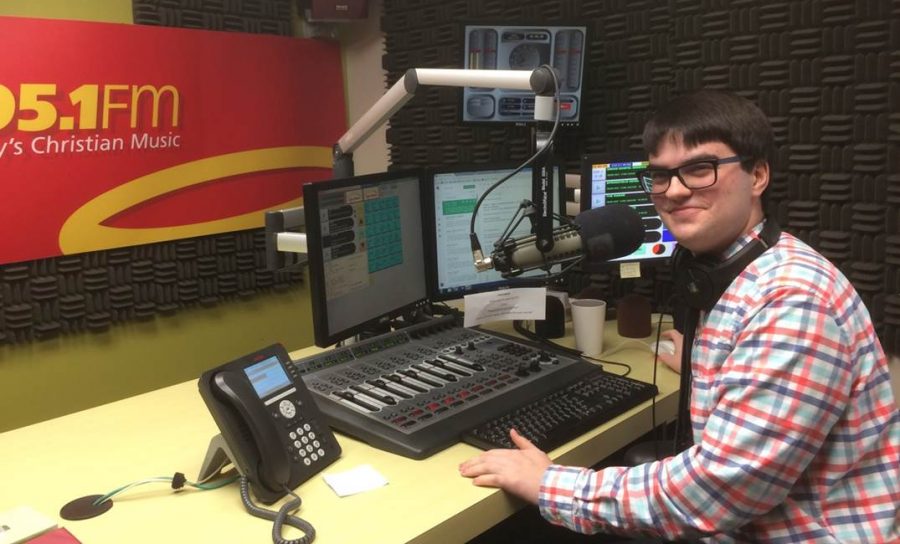
 I am grateful for the opportunity to have been a part of the CMU community as well. I’ve had the chance to learn from great professors, great staff members that will drop anything that they are doing to talk to you and to see how your day is going, and my fellow classmates who turn what could be a regular old university class into a fun-loving environment that you can immediately feel comfortable in. I don’t know if there is a better community than CMU.
I am grateful for the opportunity to have been a part of the CMU community as well. I’ve had the chance to learn from great professors, great staff members that will drop anything that they are doing to talk to you and to see how your day is going, and my fellow classmates who turn what could be a regular old university class into a fun-loving environment that you can immediately feel comfortable in. I don’t know if there is a better community than CMU.